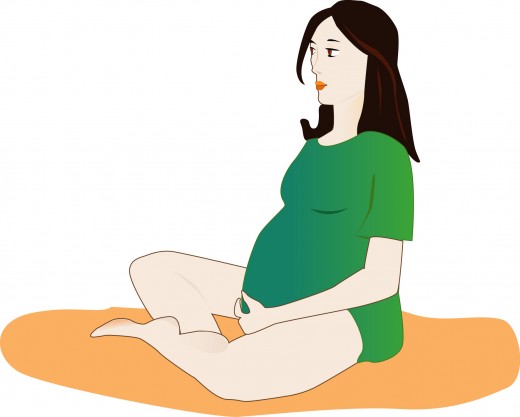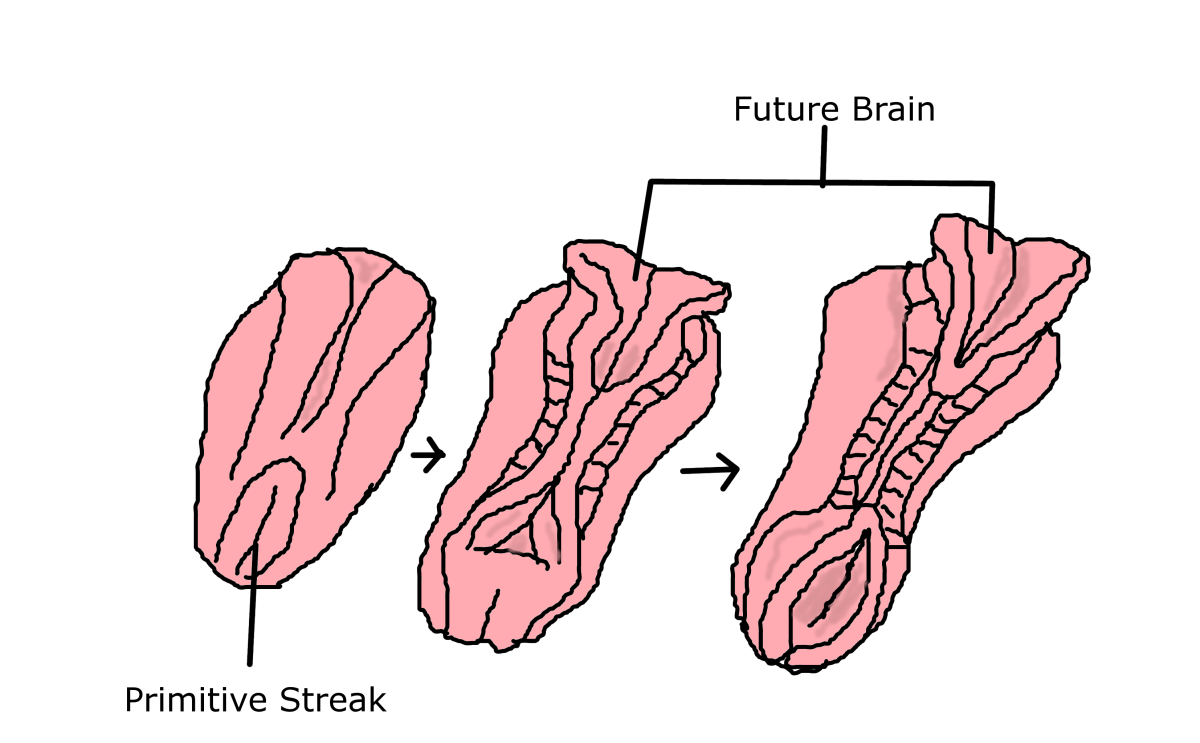- HubPages»
- Health»
- Women's Health»
- Pregnancy
Your Second Quarter Of Pregnancy
If you are planning for pregnancy, the second quarter of pregnancy is the most livable and less dangerous than the third month of pregnancy in the first quarter. The risk of abortion significantly reduces in this quarter. Even vomiting stops for some women but there are some very rare women who experience nausea and vomiting persistently throughout their pregnancy. In the fourth month of pregnancy, there is an increase in weight of the mother, which must be controlled. During this month, the increase in weight should not exceed 300 g per week. The weight of mother should be monitored at least once a week trying to always use the same weighing scale. This month, due to widening of the waistline, there arises a need to start buying and wearing pregnancy or maternity clothes that are loose and comfortable. Digestive disturbance can occur because of a hormone called progesterone. Digestion becomes more sluggish and often causes constipation. To combat this problem, it is advisable to consult the gynecologist who can prescribe the most appropriate laxative for constipation. For some women, a glass of warm water empty stomach and following proper diet is enough. If constipation during pregnancy is accompanied with hemorrhoids (dilated veins around the anus), you need to take special precautions use a special ointment for hemorrhoids during pregnancy. During this period of pregnancy, you can practice sports that do not involve too much effort. It is highly advisable to practice gymnastics to improve peripheral circulation. Swimming in temperate waters with lesser effort is also recommended.





Weight Management in Second Quarter of Pregnancy
From the fifth month of pregnancy, when fetal movements become evident, weight control becomes essential since its increase begins to be considerable. In the second quarter of pregnancy, your weight can tend to increase to about 4 pounds more than before. To keep the weight change within normal limits, it is really essential to follow proper diet and nutrition during pregnancy according to your gynecologist’s advice. You should always remember that a pregnant woman should eat for two, but not too much. You need to maintain both the quantity and quality of food at the same time.
Diet and Nutrition in Second Quarter of Pregnancy
In your second quarter of pregnancy, protein requirements start to increase with inclusion of necessary food items such as meat (preferably beef or chicken), eggs, white fish, milk, and dairy products like yogurt, etc. Fats should be reduced in the diet of a pregnant woman, but not totally deleted. The contribution of minerals during pregnancy must be higher, especially iron. Your gynecologist will tell you about the benefits of taking an iron supplement daily with meals. Also, amount of calcium needs to be increased, so it becomes important to consume a diet rich in dairy products like milk, curd, yoghurt, etc. Carbohydrates should be taken in moderation during pregnancy and starch-rich foods like vegetables, sweets, and breads must be moderated.
Also remember that a diet rich in vegetables and fruits induces a wealth of vitamins that promote digestion and regulate bowel movements that often prevent constipation. In the sixth month, anemia in pregnant women is a common problem. Types of anemia, which can occur during pregnancy, are megaloblastic anemia and iron deficiency anemia. Iron deficiency anemia is most frequent in pregnancy due to increased iron needs of the body causing iron deficiency. Therefore, it becomes really necessary to increase iron from the fifth or sixth month of pregnancy. Megaloblastic anemia is very rare during pregnancy but its consequences are very dangerous for both the mother and the fetus.
Megaloblastic anemia is caused by folic acid deficiency during pregnancy. This deficiency can be treated with a diet rich in animal proteins and vegetables, which are the main sources of folic acid. Again, you need to continue to monitor your weight taking into account that the increase should be approximately 400 grams per week and not more than that.
Importance of Learning Breathing Techniques in Pregnancy
Mammary glands of pregnant women continue to increase in size during this period preparing you for subsequent lactation and to help avoid certain types of nipple cracks. Sixth month is recommended to learn psychoprophylactic breathing techniques during pregnancy to prevent pain during labor and childbirth. The purpose of learning these techniques is to prepare the mother mentally and physically for the birth of baby. These techniques also help in natural childbirth preventing the need of a cesarean section at the time of delivery.








